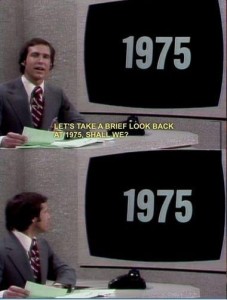 At least insofar as patent licensing goes. On June 22 the Supreme Court decided yet another patent case – this one relating to patent royalties after the patent expires. In 1964, the Supreme Court in the Brulotte case determined that even with a contract, a patent owner cannot collect royalties for making, using or selling an invention after a patent expires – not nobody, not no how.** The Brulotte decision has been severely criticized by lower courts and by academics.
At least insofar as patent licensing goes. On June 22 the Supreme Court decided yet another patent case – this one relating to patent royalties after the patent expires. In 1964, the Supreme Court in the Brulotte case determined that even with a contract, a patent owner cannot collect royalties for making, using or selling an invention after a patent expires – not nobody, not no how.** The Brulotte decision has been severely criticized by lower courts and by academics.
The Supreme Court revisited the subject in Kimble v Marvel on June 22. Kimble invented a Spider Man-type web slinger to shoot silly string from the palm of the hand and received a patent in 1990. Marvel copied the invention, and Kimble sued. Kimble and Marvel settled the litigation, with Marvel agreeing to pay a royalty to Kimble for as long as web slingers wanted to sling web. Marvel later learned of Brulotte and filed suit in 2010 asking to be relieved of the royalty obligation when Kimble’s patent expired. The Supreme Court agreed with Marvel and refused to disturb Brulotte based on judicial inertia, known to judges and those that fawn over them as ‘stare decisis.’ ‘Stare decisis’ generally means that once a court decides a matter in one way it will continue to decide the same question the same way in future cases, unless there is a good reason to change. The majority noted that Congress had fifty years to fix Brulotte if it wanted to do so, but has not. The majority also noted that parties can draft contracts around Brulotte by having payments after a patent expires correspond to making, using or selling the invention before the patent expires.
The Supreme Court dissenters view Brullote as wrong-headed judicial activism with no basis in the patent statute and dismiss the majority’s argument on inaction by Congress because passing a patent law is really difficult.
In short, Brulotte is still good law and patents die on their expiration dates. Brulotte and Kimble must be considered in negotiating patent license agreements.
*Chevy Chase on Saturday Night Live, 1975. Man, was that a long time ago.
** Frank Morgan as the Wizard from ‘The Wizard of Oz,’ 1938.
— R. Yarbrough, Esq.


